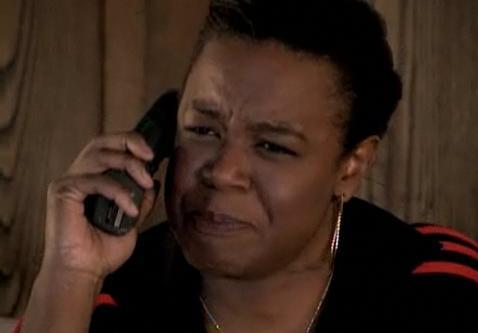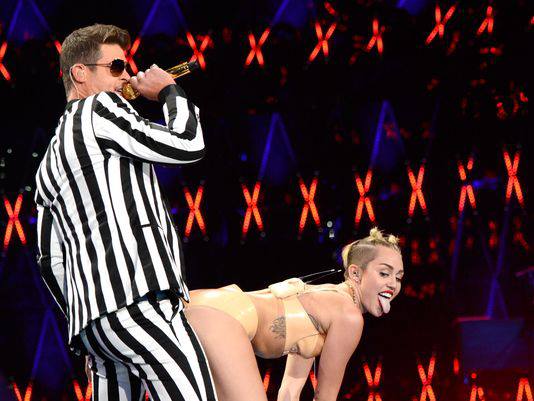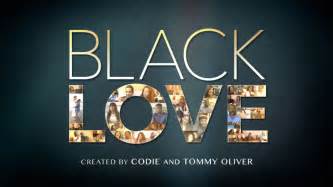As an avid reader, I have dozens of books from a variety of authors. There are a few classified as ‘unauthorized biographies,’ and one of them is the 1988 best-seller entitled Call Her Miss Ross. Written by J. Randy Taraborelli, Miss Ross examines the childhood and accomplishments of the Supreme Diva herself, Diana Ross, as well as the love affairs and the professional rivalries she became entangled with over the years.
 In one of the early chapters detailing the breakdown of The Supremes, the animosity between Ross, Florence Ballard and Mary Wilson reached a fever pitch and Ballard was finally fired from the group. Despite the persistent rumors of behind-the-scenes head-butting and jealousy, however, Ballard was quoted as still preferring Diana over Mary, stating that, “Diane is honest even though she’s mean. At least you know how she feels and you can deal with it. But Mary, she can say one thing and do another. She’s not always honest with you.”
In one of the early chapters detailing the breakdown of The Supremes, the animosity between Ross, Florence Ballard and Mary Wilson reached a fever pitch and Ballard was finally fired from the group. Despite the persistent rumors of behind-the-scenes head-butting and jealousy, however, Ballard was quoted as still preferring Diana over Mary, stating that, “Diane is honest even though she’s mean. At least you know how she feels and you can deal with it. But Mary, she can say one thing and do another. She’s not always honest with you.”
I was a teenager when I first read those words, so Ballard’s point didn’t make much sense back then. Now though, as a woman, I respect and appreciate the wisdom behind it. There is a time and a place for the occasional embellishment, or even a well-meaning falsehood here and there. But when it comes to our personal and professional relationships, it’s usually best to tell the truth.
Because we now live in a social media-driven culture, where exaggerated headlines can increase website’s profits, photos can be filtered into oblivion and some people insist on dealing in ‘alternative facts,’ the motivation to be honest might be hard to find. After all, who wants to hurt feelings or crush expectations? It’s not easy to advise Nia to find a better-fitting blouse, or explaining to Darius that his hairline need tightening up. But because I want them to present their best possible selves, Mama does what’s uncomfortable and speaks up. And if I’m committing some sort of faux pas, fashion-related or otherwise, I want to be informed as well. Teamwork makes the dream work, right?
The work it takes in “keeping it real” can be treacherous; we need to consider the source of the honesty, determine if an agenda is involved and, like those funny Chappelle Show skits once demonstrated, not allow our ‘realness’ to go too far. There can also be a steep cost in not keeping it real enough. 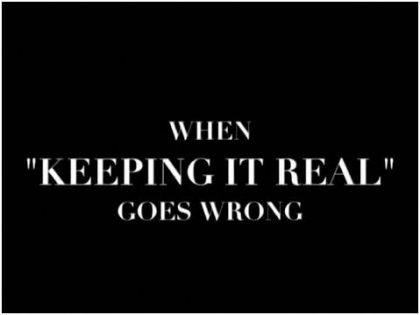
I once had a longtime friend I’ll call “Cindy”: She once asked if our daughters could stay over and play with her grandchild while Calvin and I had Date Night, and Layla, a toddler at the time, became injured. When Cindy told us, we offered to come get the girls early, but she called it ‘just a scratch’ and said there was nothing to worry about. So imagine our horror when, one, we finally saw Layla’s cuts and bruises and two, learned from Nia said that her sister didn’t trip, Cindy’s grandchild had pushed her.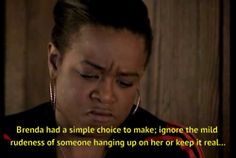
We were furious; Calvin was upset at Cindy about the downplaying of the injuries and mad at me, since he initially thought I was ‘covering’ for her. I scarcely remember the half-hearted apology we got, but I will never forget the pain Layla was subjected to overnight and at the doctor’s office, not to mention the betrayal I felt by Cindy’s omission of the truth. Since I could no longer trust her words, much less for her to keep our children safe, nothing further needed to be said. She gambled with the lie and lost. If Cindy had apologized for her grandchild’s actions and took the Chappelle route, AKA “keeping it real,” things might have been salvageable between us. Eventually, Layla’s injuries completely healed….my bond with Cindy, however, could not.
“Adulting,” the term we now use for doing “the grown-up thing,” calls for us all to step up and unfortunately, sharing awkward truths can be part of that process. And given the choice, I would rather endure the momentary sting of what’s real than to rest in the false comfort of a lie.
Life, and Florence Ballard, taught me that.

